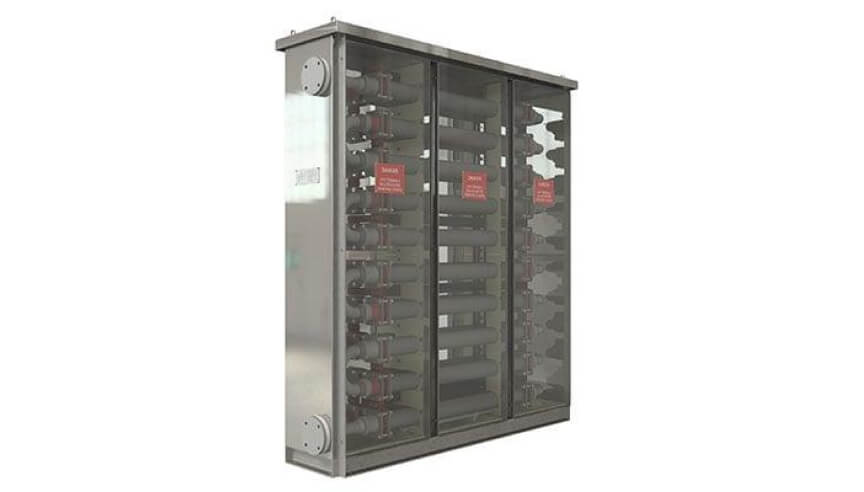Recent Posts
The MGPS Chloropac Technology

In an era where environmental sustainability and efficient resource management are paramount, innovative solutions in water treatment play a crucial role. Among these solutions stands out the MGPS Chloropac technology, a pioneering system that offers a blend of effectiveness, safety, and environmental friendliness in water disinfection.
Revolutionizing Water Treatment: The MGPS Chloropac Technology
Understanding MGPS Chloropac Technology
The MGPS Chloropac technology, short for Marine Growth Prevention System Chloropac, is an advanced water treatment system primarily used in marine environments, particularly aboard ships and offshore installations. Developed by the renowned global engineering company, Evoqua Water Technologies, this technology is designed to combat the proliferation of marine organisms such as algae, mussels, and barnacles in water systems.
How It Works
At the heart of the MGPS Chloropac technology lies the principle of electrochlorination. This process involves the conversion of seawater or brine into sodium hypochlorite, a powerful biocide, through the electrolysis of saltwater. The generated sodium hypochlorite, commonly known as bleach, is then introduced into the water systems to effectively eliminate and prevent the formation of marine biofouling.
The technology operates through a closed-loop system, where the chlorine generated onboard is continuously circulated and dosed into the water systems, ensuring a consistent and controlled level of disinfection. This proactive approach not only prevents marine growth but also minimizes corrosion and maintains the efficiency of heat exchangers, piping, and other critical equipment.
Advantages of MGPS Chloropac Technology
- Environmental Sustainability
One of the key advantages of the MGPS Chloropac technology is its eco-friendly nature. By utilizing seawater and salt as raw materials, the system eliminates the need for storing and handling hazardous chemicals traditionally used in marine antifouling treatments. Moreover, the chlorine generated onboard is non-persistent, meaning it decomposes naturally over time, minimizing any adverse impacts on marine ecosystems. - Cost-effectiveness
The long-term cost savings offered by the MGPS Chloropac technology are substantial. By preventing biofouling and corrosion, the system reduces maintenance requirements and prolongs the lifespan of critical equipment, resulting in lower operational expenses and downtime. Additionally, the elimination of chemical biocides and their associated storage and disposal costs further contributes to the economic viability of this technology. - Operational Efficiency
With its automated dosing and monitoring capabilities, the MGPS Chloropac technology streamlines water treatment processes, enhancing operational efficiency onboard vessels and offshore installations. The system requires minimal human intervention, allowing crew members to focus on other essential tasks while ensuring optimal performance and compliance with regulatory standards. - Safety and Reliability
Safety is paramount in maritime operations, and the MGPS Chloropac technology prioritizes this aspect by eliminating the risks associated with handling and storing hazardous chemicals. The system operates safely and reliably, minimizing the potential for accidents and ensuring continuous protection against marine biofouling without compromising crew safety or environmental integrity.
Applications Beyond Maritime Industry
While initially developed for marine applications, the versatility of the MGPS Chloropac technology extends beyond the maritime sector. Its proven effectiveness in controlling biofouling makes it suitable for various industrial and commercial water treatment applications, including power plants, desalination facilities, and cooling towers.
Conclusion
In an age where sustainable solutions are increasingly sought after, the MGPS Chloropac technology stands out as a beacon of innovation in water treatment. Combining environmental stewardship with operational efficiency and cost-effectiveness, this advanced system not only addresses the challenges of marine biofouling but also paves the way for a greener and more sustainable future in water management across industries. As we continue to navigate the waters of technological advancement, the MGPS Chloropac technology serves as a testament to the power of innovation in safeguarding our precious water resources while ensuring the smooth sailing of maritime operations worldwide.
